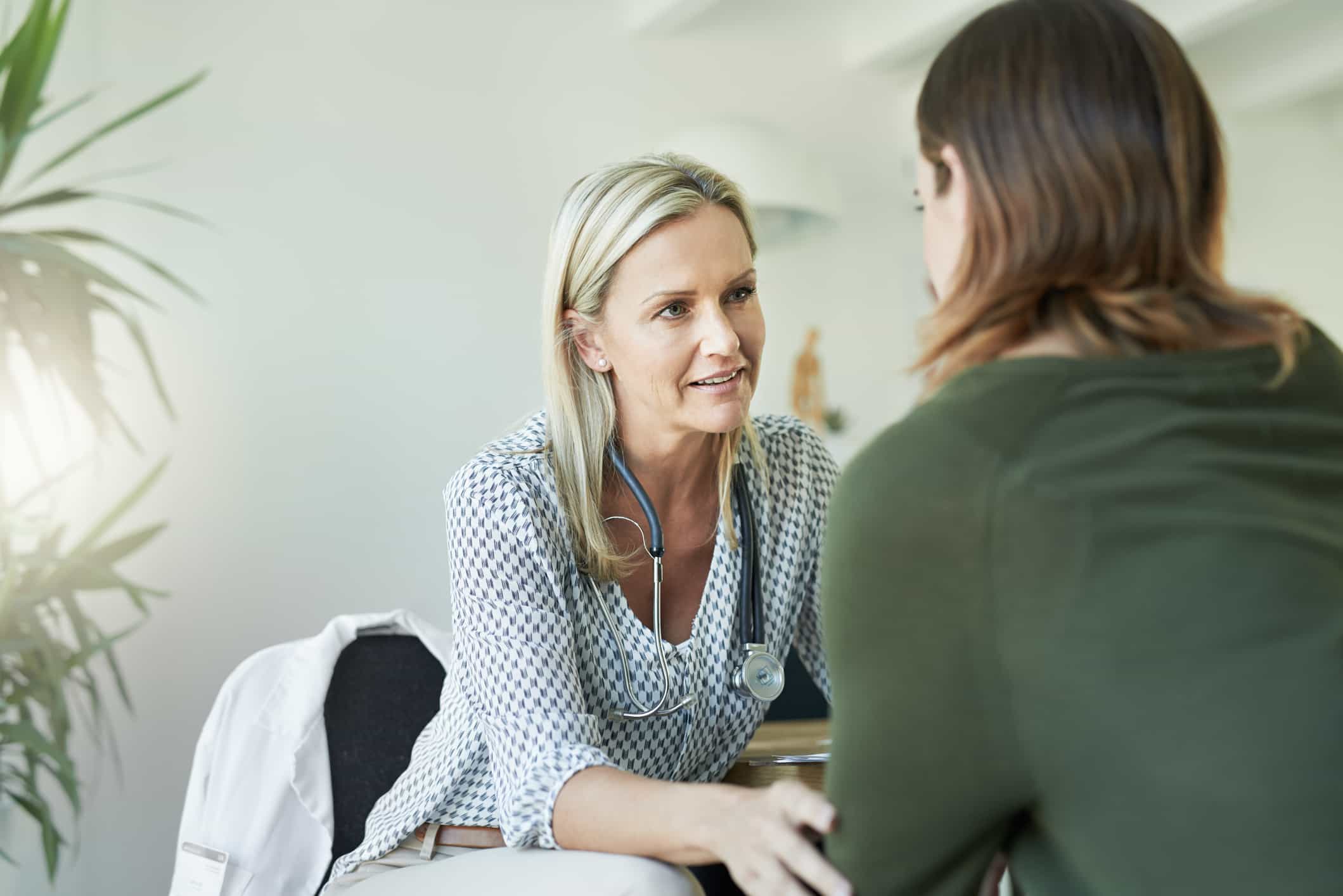Understanding Endometriosis

Endometriosis is a chronic condition that often goes undiagnosed. A woman may have experienced painful periods throughout her life, but only when she has trouble conceiving is the issue picked up. Here, as part of Endometriosis Awareness Month, we explain the symptoms, causes and treatment of a condition that affects around one in ten Irish women.
What is it?
Endometriosis is a long-term chronic disorder whereby tissue similar to the ‘endometrium’ (lining of the uterus) grows elsewhere in the body. Most common is the ovaries, but in some cases, stomach, fallopian tubes and bowel are affected. During a period, this tissue breaks apart and bleeds, but unlike the lining of the womb, it has nowhere to go. This can lead to painful inflammation, swelling and lesions. Periods tend to be very painful and – due to the presence of this tissue in the ovaries – women with endometriosis often experience trouble conceiving.
Symptons
The most common symptoms of endometriosis are:
- Severe period pain
- Cramps
- Heavy periods
- Infertility
- Painful sex
- Diarrhea or constipation
- Fatigue

What Causes it?
Doctors aren’t sure what causes endometriosis. It’s likely a combination of factors; genetics, immune system issues, and / or ‘retrograde menstruation’. This means that some of the womb lining has flowed up through the fallopian tubes, embedding itself in the pelvic organs, rather than leaving the body as a period.
Treatments
Unfortunately, there’s no cure for endometriosis, although symptoms can be managed. First of all, over-the-counter anti-inflammatory drugs like Ibuprofen may be recommended by your doctor to manage that intense period pain. Hormone therapy (including birth control patches and pills) meanwhile can help lower the amount of oestrogen your body produces, stopping your period. This means the lesions will also bleed less, reducing pain, inflammation and scarring. Other options to discuss with your doctor are surgery to remove patches of endometriosis tissue, or indeed parts of the organs affected.
The important thing to remember is that help is at hand. If you think you might have endometriosis, make an appointment with your doctor or gynecologist as soon as possible. The earlier you’re diagnosed, the more can be done to make living with the disorder as comfortable as possible.
Created February 2022.